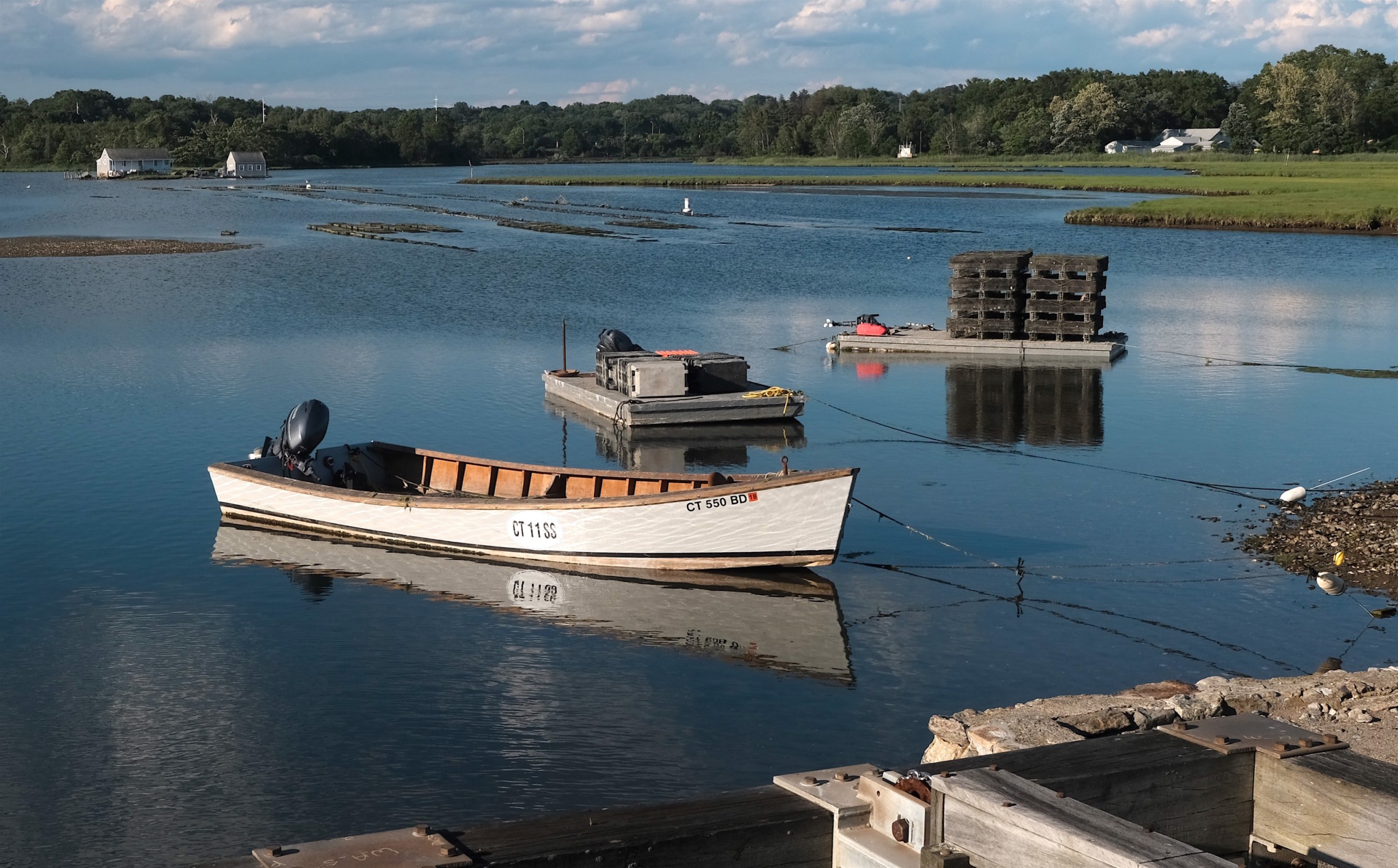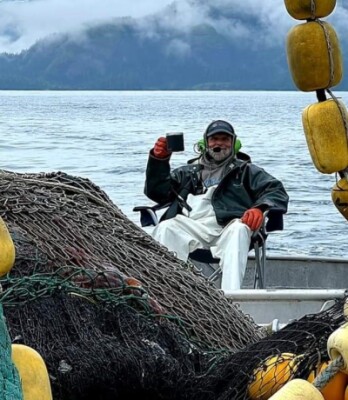Over the Fourth of July weekend, I had an opportunity to stay — for free — at a cottage in Falmouth, Mass., an offer so tempting it was worth leaving early in the morning to beat the traffic heading out to Cape Cod.
With the family in tow, we were having a great time, hitting the local clam shacks, enjoying fresh fisherman’s stew in Woods Hole for dinner and snacking on stuffed clams and eggs at the local diner for breakfast. We even found a little Portuguese bakery that made malasadas fresh to order.
Not one to sit on the beach, I decided to visit Ward Aquafarms and met with Dr. Dan Ward, a marine biologist working on a project that is training Wellfleet, Mass., lobstermen how to grow bay scallops in cages.
Sitting on a dock talking with Ward, the hours were passing, and I was thinking this is the life, when suddenly, he said some dirty words: The Jones Act. In the midst of extended coverage of the Jones Act entanglement of America’s Finest in Anacortes, Wash., hearing Jones Act on the East Coast at a small oyster growers’ dock was a bit of a jolt.
Ward explained that there is a provision in the Jones Act stipulating that aquaculturists are required to be covered by liability insurance that was initially meant to cover seamen. Companies that already have worker’s compensation insurance are being hit by a double whammy in premiums.
Put simply, employees who are running a boat, or have some significant duty aboard a boat, must be insured as required by the Jones Act. For the past few years, so-called a handful of lawyers have searched for claims among reported injuries without Jones Act coverage, according to David McCaleb, of MaCaleb-Metzler, and insurer based in Belle Haven, Va.
McCaleb says the best way to avoid contingencies at the moment is to carry coverage for both. But as Ward says, this is cost prohibitive.
Luckily, there’s some hope on the way. Bob Rheault, executive director of the East Coast Shellfish Growers Association, said his group is pushing for new federal legislation to “exempt shellfish farmers working in state waters from the requirements of the Jones Act, which calls for complicated and expensive insurance requirements and exposes growers to potential lawsuits from injured workers,” according to Rheault, who adds that worker’s compensation can provide adequate coverage.
If the group is successful, such a reversal might only affect a limited amount of shellfishermen, as the language specifies “farmers.” There’s little doubt in my mind that my breakfast quahog was raked by hand and caught, not farmed.







